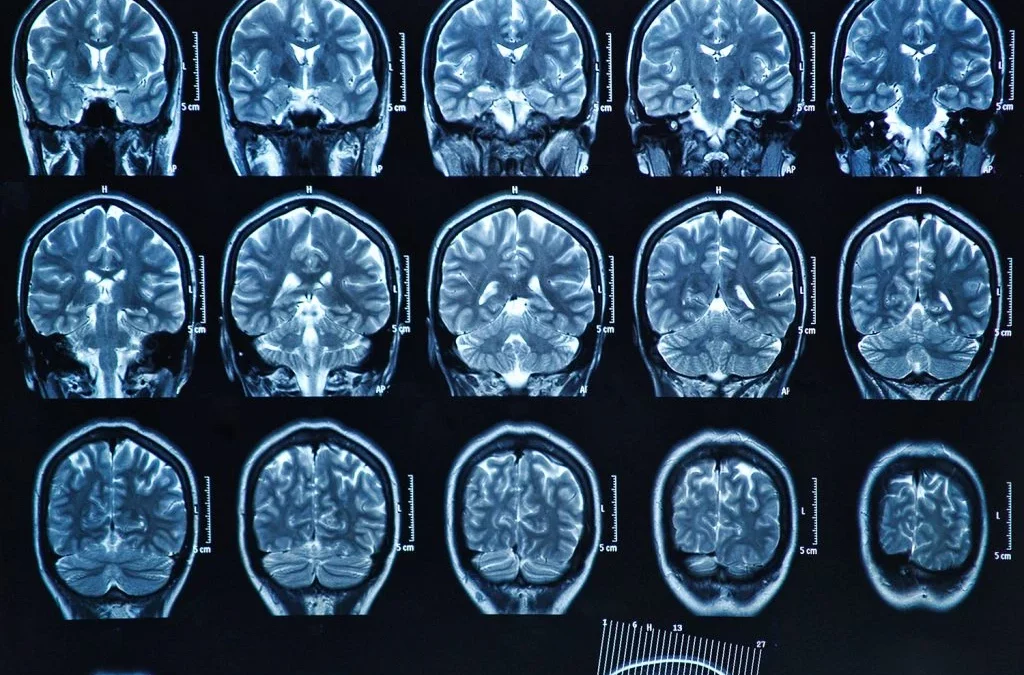According to the Centers for Disease Control, stroke is a leading cause of death and serious impairment in the U.S. This installment introduces the most common type of stroke — acute ischemic strokes.
What is Stroke?
Stroke is the sudden death of brain cells due to a lack of oxygen. A stroke may result in brain damage, long-term disability, and death. About 795,000 people have a stroke each year in the United States.
Types of Stroke
At a high level, strokes can be classified as either hemorrhagic or ischemic. Most strokes are ischemic.
A hemorrhagic (bleeding) stroke may occur when an artery in the brain ruptures.
An ischemic stroke may occur when an artery that supplies oxygen to the brain becomes blocked. Ischemia is a condition in which a person does not get enough oxygen to an organ or tissue to maintain its health.
If something suddenly blocks blood flow to the brain, brain cells become ischemic: they quickly start to die because they cannot get enough oxygen. That is an acute ischemic stroke. The word “acute” denotes the sudden or abrupt onset of a medical condition.
What Causes Acute Ischemic Strokes?
Acute ischemic strokes may be caused by atherosclerosis or a thrombus.
Atherosclerosis is a disease in which plaque gradually builds up inside a blood vessel, reducing blood flow. An ischemic stroke may occur when atherosclerosis reaches a point where it cuts off blood flow in an artery that supplies the brain. (Similarly, a heart attack may occur when atherosclerosis cuts off blood flow in an artery that supplies the heart.)
A thrombus is a blood clot that forms within a blood vessel, reducing blood flow. An acute ischemic stroke may occur when a thrombus suddenly forms inside an artery that supplies the brain.
A blood clot may even form in another part of the body and then travel through the bloodstream to the brain. If the blood clot gets stuck in an artery that supplies the brain, an acute ischemic stroke (also called “embolic stroke”) may occur.
The Bell Law Firm represents clients who have suffered death or catastrophic injury in medical malpractice and other personal injury cases.

